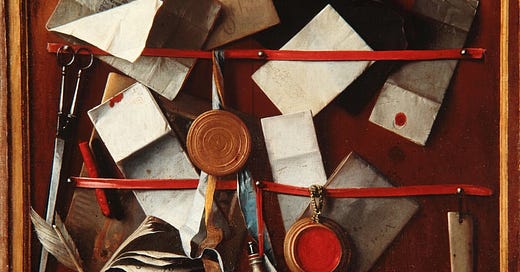Read Part One of this post here!
On top of becoming vassals to standardized tests tied to salaries, promotions, even school closures, teachers have more recently, with librarians, become moving targets in culture-war attacks drawing venom from the impossible position they found themselves in during lockdown. The profession of teaching is starting to look as self-sacrificing as, say, being a paratrooper. Other possible careers for humanities majors (leaving aside law, which Heller oddly omits)—publishing, bookselling, writing, journalism—are in existential crisis. The very businesses that are underwriting the giant STEM facilities on campus ogled in Heller’s essay have indifferently plundered the “content generating” professions to fuel their rise, to the point where they now are threatening to eliminate the need for content generation itself with machines programmed to reprocess everything that content generators have ever produced as our future reading diet.
Keep reading with a 7-day free trial
Subscribe to Book Post to keep reading this post and get 7 days of free access to the full post archives.



